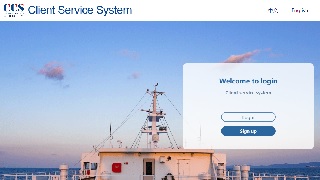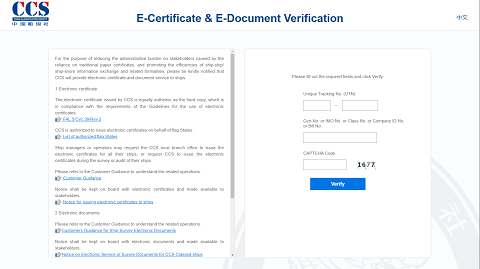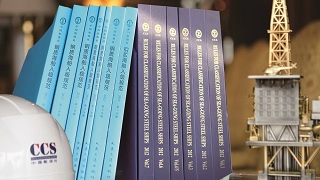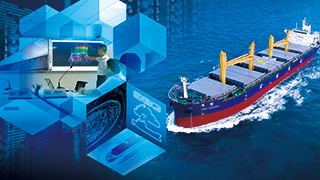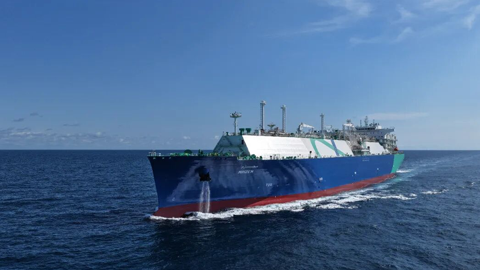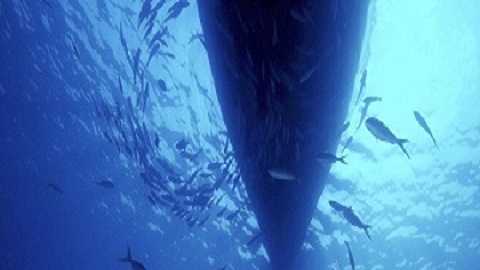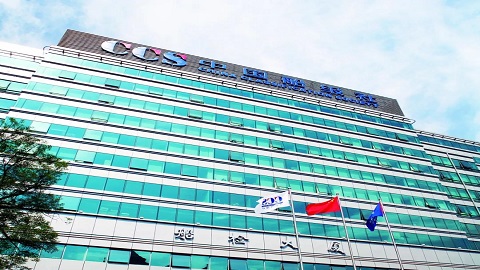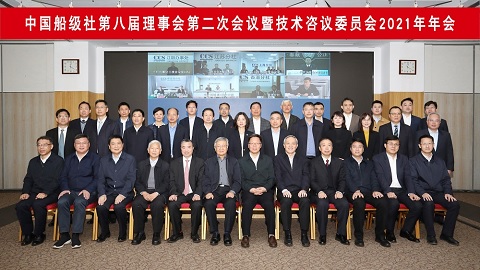On 8th Dec.2023, many experts from China Classification Society (CCS) delivered brilliant speeches on hot topics in maritime technology in their respective fields, attracting wide attention to the CCS stand.

- Requirements Interpretation and Implementation Suggestions for Hong Kong Convention
Pan Jincheng, an expert from CCS Shanghai Rules & Research Institute, introduced the requirements of the Hong Kong Convention, as well as the relevant supporting implementation documents formulated by IMO and ISO. He briefly analyzed the possible impacts of the implementation of the Convention on the control of harmful substances in ships and shipyards, and proposed corresponding suggestions for these possible impacts for reference by the industry to implement the Hong Kong Convention.
- Introduction to China’s Certified Emission Reductions (CCER) and Development of Emission Reduction Projects in the Shipping Industry
Guo Kai, an expert from China Classification Society Quality Certification Co., Ltd. (CCSC), introduced the basic requirements and relevant management systems of China’s Certified Emission Reductions (CCER) by focusing on the project development process and the professional fields involved. In addition, he also introduced the development of CCER in the shipping industry, and made detailed introduction on how energy efficiency renovation projects in the shipping industry can be developed into emission reduction projects by taking the Gold Standard (GS) mechanism as an example, providing new ideas for the shipping industry to get involved in carbon trading.
- Standard System and Application of Marine Fisheries and Aquaculture Facilities
Duan Jinghui, an expert from the Marine Engineering Technology Center, introduced the technical requirements and application cases of CCS in offshore fishery and aquaculture facilities. By focusing on the “targeted” goal of deep-sea aquaculture, with the latest regulations and guidance as the standards, he emphasized the important technical requirements for the safety design of offshore fishery aquaculture facilities, including special considerations for unmanned facilities, providing a basis for the design and construction of offshore fishery aquaculture facilities in the industry.
- Research and Application of Lightweight Material Specifications for Ships
Zhou Hansen, an expert from CCS Shanghai Rules & Research Institute, introduced CCS’s research on the formulation of technical systems and specifications for lightweight materials of ships. It mainly includes the development and application achievements of the manufacturing specifications for aluminum alloy friction stir welding technology, chemical ship section nickel duplex stainless steel and additive, providing a basis for breakthroughs in lightweight new materials, and leading a new green development model for lightweight materials in ships.
- Introduction to New Service Products of the Engineering Software Series
Li Xu, an expert from the Technology Research and Development Center, introduced the new generation of hull structure prescriptive requirements assessment software COMPASS-SDP independently developed by CCS, as well as the R&D progress and achievements of analysis software in the fields of wave load and fatigue fracture mechanics. He mainly showed the new functional characteristics, efficiency improvement, and friendliness of each software, and made interactive discussions and prospects with the attending experts on the development mode of future CCS engineering software.
- CCS Promoted the 3D Plan Approval Services to External Parties
Qian Feng, an expert from CCS Shanghai Rules & Research Institute, introduced that CCS has achieved inter-working between 3D data and CCS engineering calculation software through 3D data standards and the development of mainstream 3D commercial software data interfaces; achieved interactive Plan Approval opinions based on the 3D model browser, and constructed a preliminary 3D approval process framework for CCS, having the ability to provide external 3D plan approval services.
- Vibration and noise Testing and Technical Services for Large Luxury Cruise Ships
Qin Jiangxuan, an expert from CCS Shanghai Rules & Research Institute, introduced the vibration and noise testing carried out by CCS on China’s first large luxury cruise ship, including routine noise testing of various types of cabins and spaces, noise emission testing at docks, wind-induced noise testing in open areas, anchor-induced vibration noise testing, underwater radiation noise testing, etc. He also introduced CCS’s software and hardware technical service capabilities in the field of vibration and noise to provide technical support for the industry.
- Demonstration and Introduction of Technical Achievements of Large-size Vertical and Digital Testing Furnaces in the Test Center
Lai Hongyu, an expert from CCS Shanghai Rules & Research Institute, introduced the digital testing furnace simulation software independently developed for fire-resistance testing of ship fire-protection structures by introducing digital technology based on over 30 years of traditional physical testing data from the Far East Fire Test Center. It can be used to simulate the fire-resistance performance of typical ship fire-protection structural samples such as fire bulkheads, decks, fire doors, etc., providing a new way for the industry to carry out experimental verification.
Note: If you need to reprint, please indicate the source of the information.

